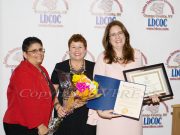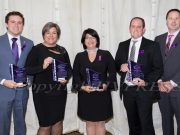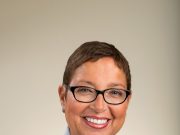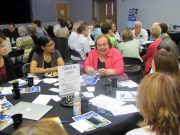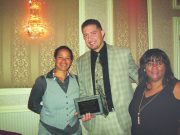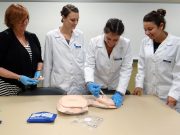Intimacy and sexuality are often damaged by cancer treatment. The Lovin’ Ain’t Over for Women with Cancer (CIACT, Inc. Publishing) by Barbara and Ralph Alterowitz, is a practical guide to help a woman overcome sexual difficulties after treatment, bringing hope to couples that they can reclaim intimacy.
The authors discuss the effects that cancer therapies have on a woman’s body and sexual function and offer information on aids and medications, practical suggestions and examples from more than 100 women who have experienced female cancer, with recommendations from top sexual health professionals.
The Lovin’ Ain’t Over for Women with Cancer starts a woman off with the four-step AIDA system for reviving her sense of self after breast and other cancers. The book goes on to provide a road map that includes how to communicate, getting emotionally and sexually reacquainted with the partner, and having sensual sex. It breaks down the problems and describes solutions so that every woman can tailor her approach.
Clear cut and straightforward in its style and easy to read, this book encourages readers to take the action to make their sex lives as vibrant, vital and fulfilling as they want it to be. The Lovin’ Ain’t Over is helpful for patients, but also for their partners and for medical and mental health professionals working with cancer patients.
The book is written by an internationally-recognized, husband and wife sex counselor team that works with cancer patients and their partners to strengthen their intimacy and sexuality, and has experienced cancer in their own marriage. Barbara and Ralph Alterowitz are certified by the American Association of Sexuality Educators, Counselors and Therapists (AASECT). They are the founders of The Center for Intimacy After Cancer Therapy – a non-profit organization dedicated to helping couples renew intimacy after treatment. They have written Intimacy with Impotence and other books and articles about cancer and sexuality, contributed to the professional reference guide “Sexual Health”, and are sought-after speakers at cancer support groups and conferences to educate patients and the medical community on dealing with the sexual effects of cancer treatments.




